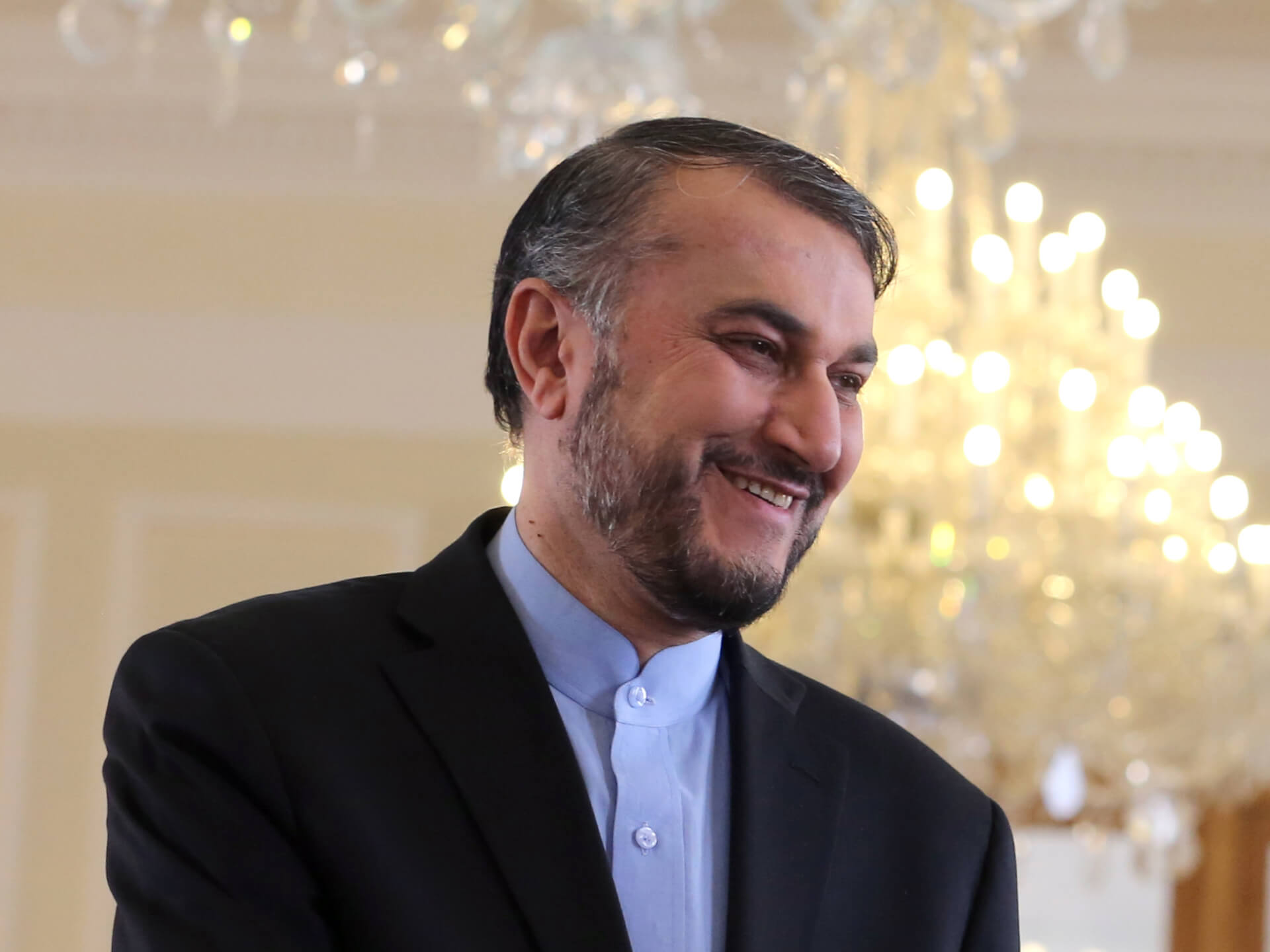Senior officials of the Taliban, led by the group’s Foreign Minister Amir Khan Muttaqi, visited Iran to meet with a high-level delegation from the Iranian Foreign Ministry. The meeting aimed to discuss the ongoing humanitarian and economic crisis in Afghanistan and the swelling Afghan refugee numbers.
Iranian Foreign Ministry spokesperson Saeed Khatibzadeh said that the meet was convened given the “major concern” surrounding Afghanistan’s humanitarian crisis. Following the discussions, which was the first such in-person meet between Iran and the Taliban since the group took over Afghanistan in August, he said that the talks were “positive” and resulted in Iranian Foreign Minister Hossein Amir Abdollahian deciding to send humanitarian aid to Afghanistan.
Also Read: Iran to Help India Transport Aid to Afghanistan as Pakistan Continues to Block Efforts
Nevertheless, Khatibzadeh clarified that despite the developments in the meeting, Iran was “not at the point of officially recognising Taliban.” Since the fall of the previous regime in Afghanistan, Iran has reiterated its call for an “inclusive government,” which it sees as a pre-condition for official recognition.
During the discussion, the Iranian delegation highlighted the “characteristics and components” that could eventually result in formal recognition of the Taliban’s government. Representation of regional and ethnic minorities of the country was highlighted as critical to achieving this.
In addition, he recalled the 1998 killing of Iranian diplomats during a consulate attack by the Taliban. In this regard, Abdollahian reminded the Taliban of its responsibility to protect diplomats and diplomatic offices in Afghanistan.
According to the Foreign Ministry’s statement, Amir Abdollahian criticised the “wrong policies” adopted by the United States and its allies, specifically its decision to continue to impose sanctions despite its detrimental impact on Afghans and their economic conditions. In addition, he blamed Western powers for “sowing discord” between Afghanistan and its neighbours.
Despite Iran’s decision to refrain from formally recognising the Taliban, the two sides agreed to further convene meetings to discuss the Helman River and water-sharing between the two countries. In this regard, the Afghan delegation reassured of their commitment to the 1972 Helman Agreement and vowed to convene technical discussions to resolve the issues.
The visit aims at discussions on political, economic, transit and refugees issues between Afghanistan and Iran. A preliminary meeting for the visiting delegation was held in Storai Palace, MoFA, where significant issues were assessed and included in the agenda.
— Abdul Qahar Balkhi (@QaharBalkhi) January 8, 2022
During the Taliban’s delegation’s visit to Iran, they also met with several leaders of anti-Taliban Afghan groups and assured them of their safe return. The alliance of these domestic groups, known as the National Resistance Force, had previously launched an uprising against the Taliban as the latter took over the country in August. Thereafter, they were forced to flee the country amid reports of the Taliban’s militants attacking and killing leaders of these resistance groups.
However, quoting Sigbatullah Ahmadi, a spokesperson of the resistance groups, The Washington Post reported that the leaders had “angrily rejected” the Taliban’s move for reconciliation, which had “achieved nothing.” He reiterated that Taliban continued on its path to tyranny by restricting and opposing critical rights and freedoms.
Ahmadi further said that the Taliban was attempting to ensure the end of the resistance by offering ministries, provinces, and embassies. However, he clarified that the alliance was not “for participation in a tyrannical government” but “for the people of Afghanistan.” He added that the Taliban’s decision to extend an olive branch was merely to further its desire to secure official recognition from Iran and other international powers.
Despite the Taliban’s repeated assurances of its commitment to critical human rights and freedoms, the international community continues to formally resist its calls to recognise the group as the country’s government because of media reports and social media accounts indicating continued violent and non-violent attacks on minorities and dissidents under Taliban's rule.

